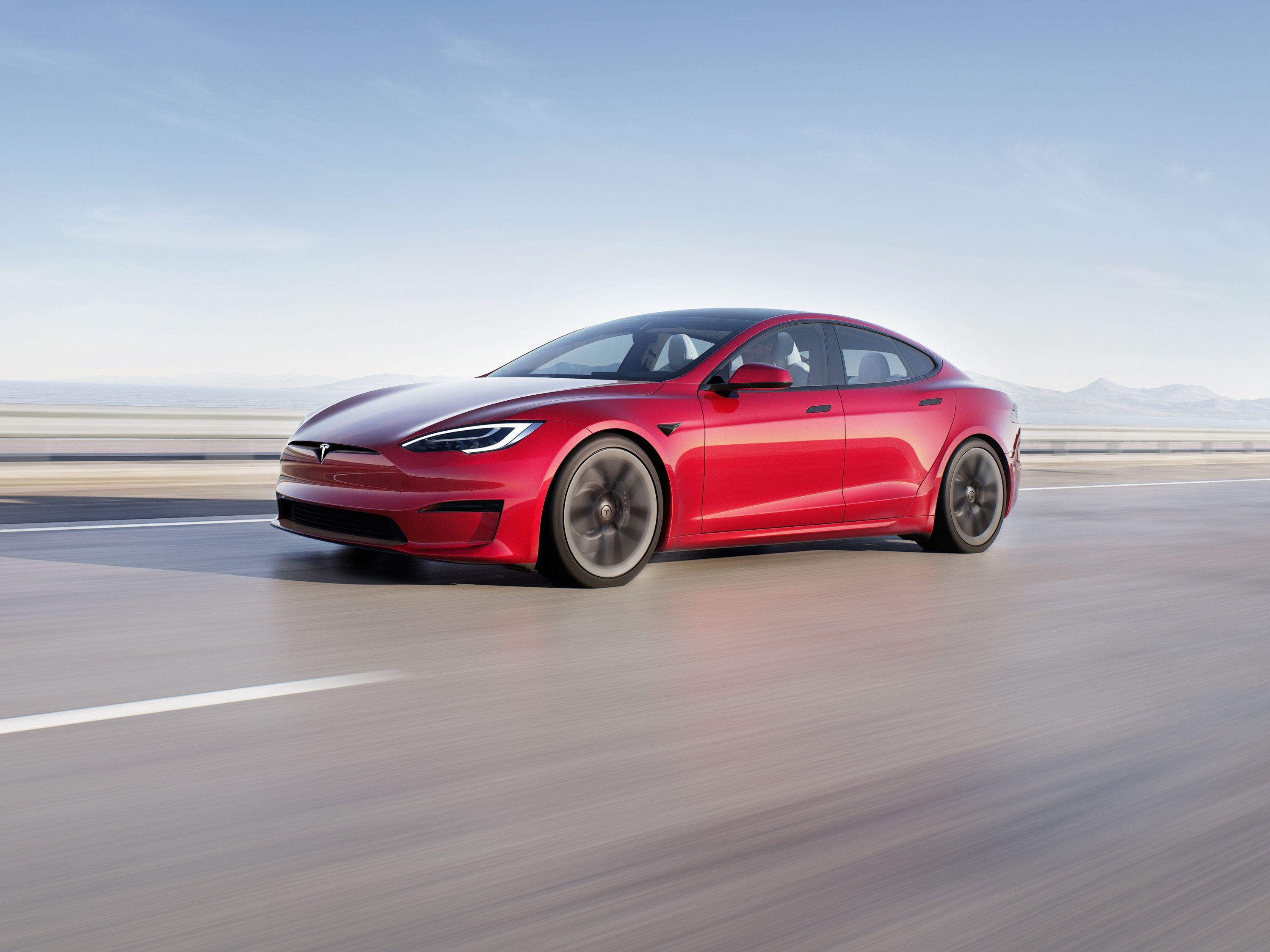
Unlike other automakers, Tesla grew up in the land of Twitter feuds and Facebook rivalries. That's why when it gets bad press from a blog or mad tweeter, it responds instantaneously and strategically in a way that most established manufacturers can't or won't do. Most recently Tesla was investigated by automotive news site The Daily Kanban over suspension issues on the Model S. The investigation was sparked by a blog post on the Tesla Motors Club owners forum.
The report was intended to be an exclusive and in-depth story about the shady practices that Tesla uses to quiet owners who have problem vehicles. The post claimed to have information from an owner whose Model S suspension had failed prematurely and needed replacing. The owner claimed that the failure was a result of poor materials or manufacturing on Tesla's part. As the title of the blog post indicated it wasn't the crime but the coverup that was central to the story. According to The Daily Kanban article, the owner of the Model S with suspension problems received a non-disclosure agreement from Tesla that he had to sign in exchange for the company covering half the cost of the repair.
Of course any contract that binds a customer from speaking to the NHTSA about an automobile-related problem is illegal and morally wrong. However, there are always two sides to every story, and Tesla has just released its own version. In a press release/blog post titled "A Grain Of Salt," Tesla outlined that the story's writer, Edward Niedermeyer, has written negative articles about the automaker in the past. It also goes on to say that the company has billions of dollars invested against it in the form of short sale bets (money wagered that a company's stock price will fall), suggesting that Niedermeyer's story could have been motivated by financial gain.
Addressing the accusations, Tesla said that it has been fully complying with the NHTSA regarding suspension issues and that it is not aware of a persistent problem. Tesla's response implicates the Model S owner by saying that his house was in an area that takes a toll on a car's components. It says its cars are otherwise some of the safest. As for the NDAs or "Goodwill Agreements," Tesla says that it has owners sign them when getting parts replaced for free to make sure that the customer cannot sue them over the repairs. More will likely surface as this story is dissected by regulators, owners, interested bystanders, and the press, but for now it's important to take both stories, Tesla's and the article from the Daily Kanban, with a grain of salt.

